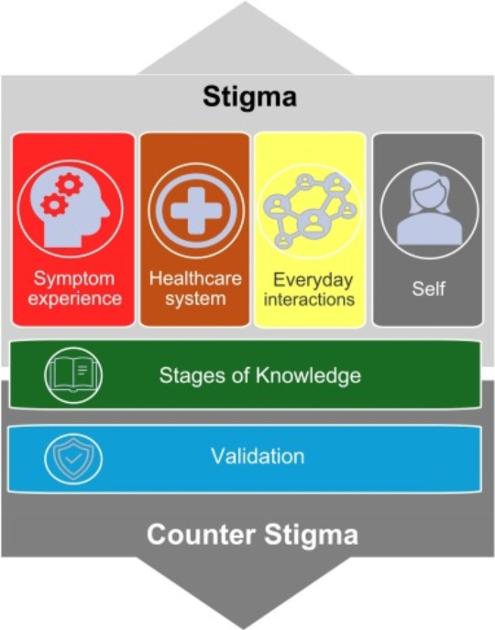This article was shared with me this week:sciencedirect.com/science/a...
As I read through it, I could relate to a lot, through being a parent of an adolescent with FND (dx June/Nov 22) on their journey and my own and through the Communities I interact with.
I am sure many of you too, can relate. This study is based on a small selection of FND patients and I hope things change soon.
Thinking back to our original consultations, we were referred to the neurosymptoms.org.uk not once but twice, how can they expect someone to navigate this alone.
The term "othering" is a new one to me, this is just a section of the article:
3.3.3. Theme 3: “Othered” by the healthcare system
Through interactions with the healthcare system, many patients experienced a feeling of being different or less legitimate than patients with other medical conditions.
This “othering” happened in both subtle and more explicit ways, and led patients to feel set apart and separated on the basis of having FND. This process of othering mainly occurred through negative professional interactions, though it was not the only route.
For several patients, the route to diagnosis was protracted and difficult – for example they saw multiple specialists, had to seek care privately or attend the emergency department repeatedly for years before a diagnosis.
Many perceived a sense of confusion about FND from professionals, in contrast to other conditions they sought help for.


